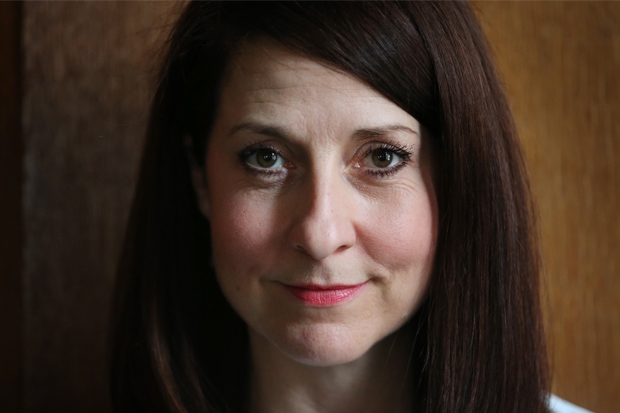‘Bare? Extra? What does it all mean?’ asked my husband, sounding like George Smiley in the middle of a particularly puzzling tangle of disinformation.
My husband had just been reading about the Harris Academy in Upper Norwood (south London), which has banned its pupils (or students as they all seem to have become) from using a list of words including coz, ain’t, like, innit, yeah (at the end of a sentence) and basically (at the beginning). Those, he could agree, were annoying in the wrong context, but he couldn’t see why bare and extra should be singled out.
As Veronica was able to explain to her father, bare is a popular term for ‘very’ or ‘a lot of’, and extra is used to mean ‘excessive, uncalled-for’, thus: ‘SSE gave Cameron bare grief but the behaviour of British Gas was extra.’
An interesting point about innit is that it serves a different syntactical function from isn’t it. So an ungagged student of Harris Academy might have said: ‘That Justin Bieber sings like a girl, innit.’ In that way, the word acts as a prosodic marker (like a radio operator’s use of over), just as extra does when used exclamatorily at the end of a sentence. It was surely this repetitive use of yeah at the end of sentences that drove Harris Academy to ban it, just as basically becomes tiresome as a way of indicating the start of a locution. For the streetwise pupil, basically is the equivalent of the infuriating so in the speech of academics and others who should know better.
There has been some more or less confected outrage at the Harris Academy banned list, as if it infringed pupils’ freedom of speech. Of course the school has no chance of wiping out the use of these words in their pupils’ argot among themselves.








Comments
Join the debate for just £1 a month
Be part of the conversation with other Spectator readers by getting your first three months for £3.
UNLOCK ACCESS Just £1 a monthAlready a subscriber? Log in